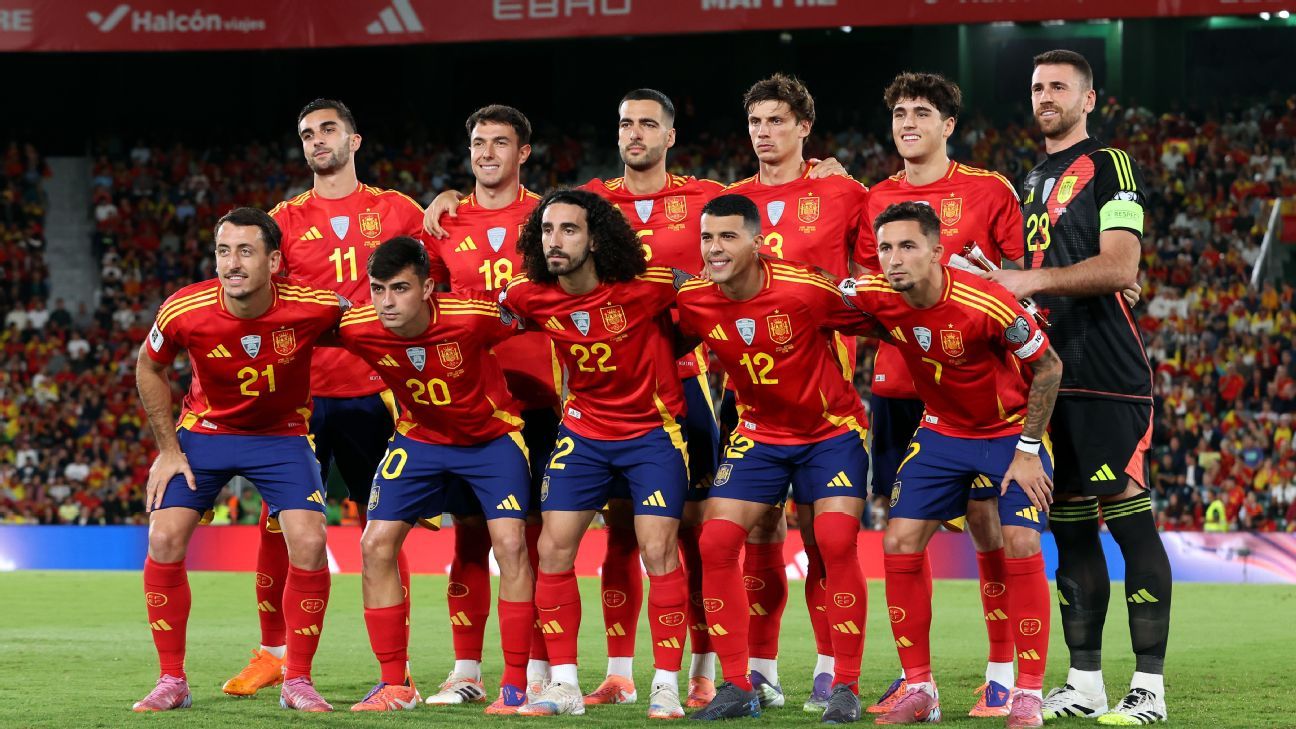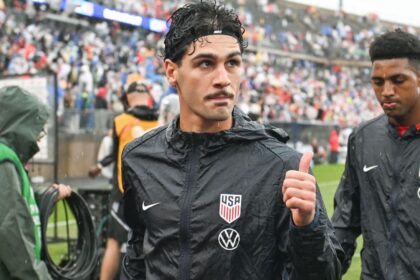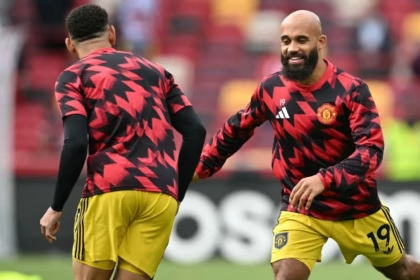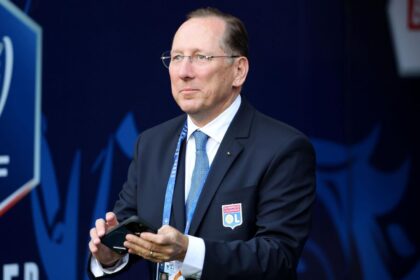Spain: A Footballing Universe Apart
Georgia’s coach, Willy Sagnol, with a mix of resignation and admiration, summed up the situation many teams face: “Spain not only plays in another world, but does so from a different universe.” Sagnol, after witnessing how the “C selection” of Spain threatened to score eight or nine goals against Georgia, understood the magnitude of the challenge. Days later, La Roja demonstrated their power by defeating Bulgaria, equaling their longest unbeaten streak in official matches (29). This historic streak equals the one achieved by the Spain of Iker Casillas, Xavi Hernández, Andrés Iniesta, Sergio Busquets, Xabi Alonso, Carles Puyol, Jordi Alba, Sergio Ramos, David Villa and Fernando Torres.Are we witnessing a new golden age of Spanish football?
- Who has qualified for the 2026 World Cup and how can others do it?
- New Caledonia’s surprising World Cup qualification.
- The Premier League’s big problems: Will Amorim and Ange last? Is Salah in decline?
Goalkeepers: Joan García, David de Gea.
Defenders: Dani Carvajal, Dean Huijsen, Pau Torres, Nacho, Alejandro Balde, Iñigo Martínez.Midfielders: Rodri, Fabián Ruiz, Marc Casadó, Gavi, Fermín López, Dani Olmo, Isco.Forwards: Lamine Yamal, Álvaro Morata, Ayoze Pérez, Joselu, Nico Williams. A team that, despite the absences, could compete and win any tournament. How many national teams could face so many losses of elite players and still shine? In the match against Georgia, the defeat would have been even greater if it hadn’t been for the outstanding performance of goalkeeper Giorgi Mamardashvili.
Spain’s impressive track record in recent years includes the Euro semi-finals (2021), Olympic silver medal (2021), UEFA Nations League runner-up (2021), World Cup round of 16 (2022), Nations League champions (2023), Euro champions (2024), Olympic gold medal (2024), and Nations League finalists (2025). Luis de la Fuente has used at least 63 players during this period, many of whom were considered not fit for the highest level, but are now mainstays of the national team. Ilia Gruev, midfielder for Leeds United, after Spain’s 4-0 victory over Bulgaria, highlighted the difficulty of facing Spain: “It’s very difficult against Spain because you don’t even get into duels. You can’t make a tackle or get close because they move the ball very quickly. They are very intelligent footballers. They play easily and intelligently, which for me is the best way to play. Everyone knows what to do and it’s very difficult against them. You defend all the time and suddenly you win the ball and you’re exhausted.” Sagnol pointed out that this success is the result of a process. Each year, the Spanish Federation selects the 55 best players aged 14 to 15 and begins to train them, instilling tactics, discipline, unity, and responsibility. Mikel Merino, after scoring two goals against Bulgaria, highlighted the team spirit: “We are a family.” Mikel Oyarzabal, who has scored 13 goals and provided 5 assists in his last 13 matches with Spain, is another example of the success of De la Fuente’s work. Sagnol concluded that Spain and Portugal are the models to follow for the rest of the nations.“Do you remember the 80s and 90s? Spain was good, played well, but didn’t win. What you see now is the result of 20-25 years of good planning and work by the Spanish Federation. Pedri, for example, seems like the wind would take him away, but he is one of the best players in the world in his position, because of his intelligence. Spain produces many players with footballing intelligence, that’s what’s special. They’ve had six or seven important absences and it hasn’t even been noticed. They play the same and at the same level”.
Willy Sagnol








